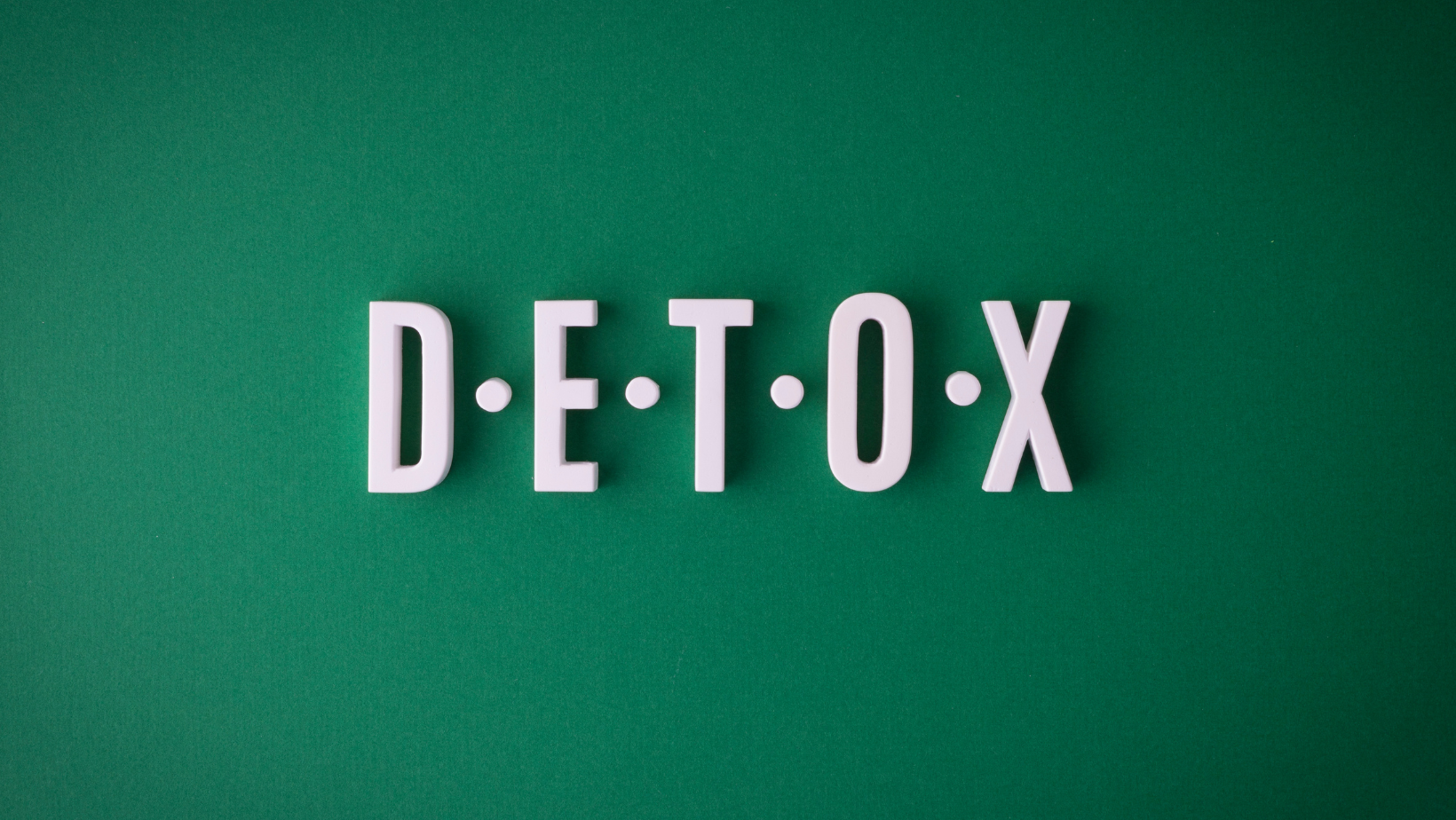Embarking on an alcohol and drug detox process is pivotal for those seeking freedom from addiction. Whether drugs, alcohol, or other substances, detoxification is the foundation for a healthier, substance-free life. This guide delves deep into the intricacies of detox, shedding light on the science behind it, the stages involved, and the importance of professional detox treatment. As you navigate this guide, you’ll gain insights into detox’s physical and psychological aspects, empowering you with the knowledge to make informed decisions on your path to recovery.
What is the Detox Process?
Inpatient detoxification is the gateway to recovery, marking the transition from substance dependency to a renewed state of well-being. It’s a systematic approach to help the body expel toxins, ensuring a safer and more effective path toward rehabilitation.
Defining Detox: A Vital Step in Recovery
At its core, detox is the body’s response to the cessation of substance intake. It’s the beginning phase of addiction treatment, where the body works to rid itself of accumulated toxins, aiming to restore its natural balance and function.
The Importance of Detox in the Addiction Recovery Journey
Beyond the physical aspect, detox is pivotal in setting the stage for subsequent therapeutic interventions. It acts as a springboard, allowing individuals to engage more effectively in treatments that address the psychological dimensions of addiction.
The Science Behind the Detox Journey
The human body is a marvel of resilience and adaptability. When substances enter the system, biochemical reactions alter the body’s natural state. The science of detoxification unravels these changes, providing insights into how the body responds, adapts, and eventually seeks to restore equilibrium.
How the Body Adapts to Substance Use
Every substance, from alcohol to opioids, interacts differently with the body. Over time, regular substance use can lead the body to develop a tolerance, requiring more substance to achieve the same effects. This adaptation is a defense mechanism, with the body trying to maintain a sense of normalcy amidst the influx of external agents.
The Role of the Brain in Addiction and Detox
The brain is central to the experience of addiction. Substances can hijack the brain’s reward system, leading to cravings and compulsive behavior. During detox, as the substance is withdrawn, the brain recovers. Neural pathways begin to rewire, and neurotransmitter levels fluctuate, all to return to a state of homeostasis.
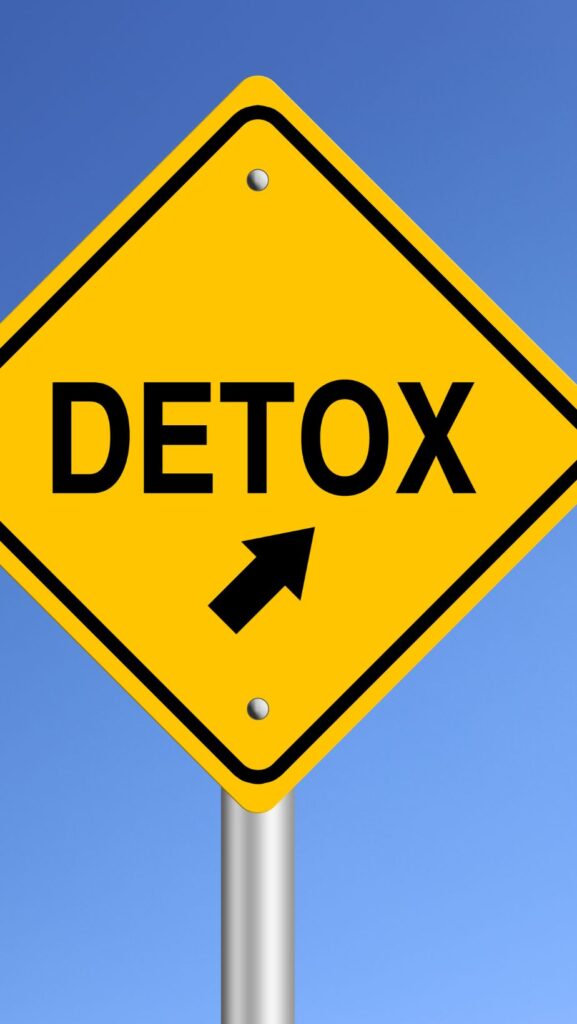
Stages of the Detox Process
Detox is more than just a cessation of substance use; it’s a structured progression through distinct stages, each with its challenges and milestones. Understanding these stages can equip individuals with the knowledge to navigate the detox journey more confidently and clearly.
Initial Assessment: Tailoring the Detox to Individual Needs
Every individual’s journey with substance use is unique, making a personalized approach to detox essential. The initial assessment serves as the foundation for this tailored plan. During this phase, medical professionals gather detailed information about the individual’s substance use history, including the type and amount of substance consumed, the frequency of use, and the duration of the addiction. Additionally, any underlying health conditions or co-occurring mental health disorders are identified. This comprehensive evaluation ensures the detox plan is effective and prioritizes the individual’s safety, reducing potential risks and complications.
Physical and Psychological Withdrawal Symptoms
The onset of withdrawal symptoms is a testament to the body’s attempt to restore balance without the substance. Physically, individuals might experience symptoms such as:
- Sweating
- Tremors
- Headaches
- Nausea
In more severe cases, seizures or hallucinations can occur. On the psychological front, emotions can run high. Anxiety, depression, irritability, and mood swings are common, reflecting the brain’s response to the sudden absence of the substance it had grown accustomed to. Being aware of these potential symptoms and having strategies to manage them can make the detox phase more bearable.
Medication and Support: Easing the Detox Journey
Detox challenges can be daunting, but they don’t have to be faced alone. Medical intervention, in the form of specific medications, can relieve some more severe withdrawal symptoms. For instance, medications might reduce cravings, stabilize mood, or address specific physical symptoms. But beyond medication, the value of a robust support system cannot be overstated. Continuous monitoring by medical professionals ensures that any complications are addressed promptly. Additionally, emotional support from therapists, counselors, and peer groups can provide the encouragement and understanding needed to persevere through detox.
Recovery Starts Today
The Duration of the Detox Journey
The timeline of detoxification varies widely among individuals. Several factors come into play, influencing how long one spends in this recovery phase. By understanding these determinants, individuals can set realistic expectations and better prepare for the journey ahead.
Factors Influencing the Length of Detox
The duration of the detox process isn’t one-size-fits-all. Multiple factors come into play:
- Type of Substance: Different substances have varied half-lives and uniquely influence the body. For instance, detoxing from opioids might have a different timeline than alcohol.
- Duration of Use: Prolonged substance use can lead to a more extended detox period as the body has become more accustomed to the substance’s presence.
- Frequency of Use: Regular, heavy use can result in a more deeply entrenched dependency, potentially lengthening the detox phase.
- Individual Physiology: Metabolic rate, overall health, and genetic factors can influence how quickly one’s body processes and eliminates the substance.
- Co-existing Health Conditions: Conditions like liver or kidney disorders can affect the body’s ability to detoxify, impacting the duration.
Typical Timelines for Different Substances
While individual experiences vary, general timelines can be outlined for different substances:
- Alcohol: Detox can range from a few days to a week, with severe cases potentially extending longer.
- Opioids: The acute withdrawal phase typically lasts a week, with post-acute symptoms potentially persisting for months.
- Benzodiazepines: Given their long half-life, detox can extend for several weeks or even months.
- Stimulants (e.g., cocaine, methamphetamine): Acute withdrawal can last up to a week, with post-acute symptoms varying in duration.
It’s essential to note that these are general guidelines, and individual experiences can deviate based on the factors mentioned earlier.

Medically Assisted Detox vs. Going “Cold Turkey”
Choosing the right approach to detox can significantly impact one’s experience and the overall success of the recovery journey. While some might consider abruptly stopping substance use, known as “cold turkey,” others opt for a medically supervised detox. Let’s explore the nuances of both approaches.
Benefits of Medically Supervised Detox
Opting for a medically supervised detox offers several advantages:
- Safety: Medical professionals monitor vital signs and overall health, ensuring any complications are promptly addressed.
- Medication: Specific drugs can be administered to alleviate withdrawal symptoms, making the process more comfortable.
- Emotional Support: Access to therapists and counselors provides emotional and psychological support during this challenging phase.
- Structured Environment: Being in a dedicated facility minimizes the risk of relapse and provides a conducive environment for recovery.
Risks of Detoxing Alone
Going “cold turkey” without medical supervision comes with inherent risks:
- Severe Withdrawal Symptoms: Without medical intervention, withdrawal symptoms can become intense and, in some cases, life-threatening.
- Relapse Risk: The intensity of cravings and withdrawal symptoms can lead to a higher risk of relapse.
- Lack of Emotional Support: Detoxing alone can be an isolating experience without the necessary emotional and psychological support.
- Potential Health Complications: Abrupt cessation can lead to complications, especially if there are underlying health conditions.
Understanding the pros and cons of each approach allows individuals to make informed decisions that align with their needs and recovery goals.
Don't go through Detox alone
The Psychological Aspects of the Detox Journey
While the physical challenges of detox are often emphasized, the psychological journey is equally, if not more, significant. The mind plays a pivotal role in both the experience of addiction and the path to recovery. Delving into detox’s mental and emotional facets provides a holistic understanding of the process.
Addressing Mental and Emotional Challenges
Detox is a battle against physical cravings and a confrontation with many emotions and memories. As the body rids itself of substances, suppressed emotions, past traumas, and unresolved issues might resurface. Feelings of guilt, shame, anxiety, and depression are common. Addressing these challenges is crucial, as they can be potential triggers for relapse. Therapeutic interventions, counseling sessions, and peer support groups can offer the necessary tools and strategies to navigate these emotional hurdles.
Preparing for the Post-Detox Phase
The completion of detox is a significant milestone, but it’s just the beginning of the recovery journey. The post-detox phase is about building on the foundation laid during detox. It’s essential to recognize that the psychological cravings for the substance can persist long after the physical ones have subsided. Preparing for this phase involves equipping oneself with coping mechanisms, building a robust support system, and continuously engaging in therapeutic activities. The goal is to fortify the mind, ensuring long-term resilience against potential triggers and cravings.
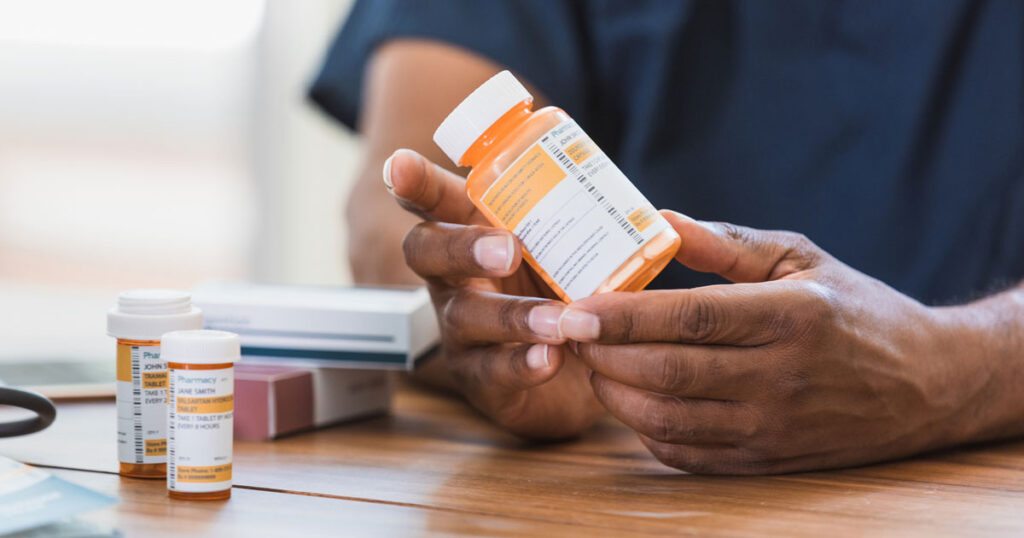
Continuing the Recovery Journey After Detox
Detox is a significant first step, but the path to full recovery extends beyond it. The post-detox phase is about reinforcing the gains made, addressing deeper psychological aspects of addiction, and building a life of sobriety and well-being.
The Importance of Rehab and Therapy
After the body has been cleansed of substances, the focus shifts to healing the mind. Rehabilitation (rehab) programs offer structured environments where individuals can delve into the root causes of their addiction. Through various therapeutic modalities, such as cognitive-behavioral therapy, group sessions, and experiential therapies, individuals gain insights into their addictive behaviors and learn strategies to prevent relapse. Rehab provides the space to rebuild one’s life, develop healthier habits, and foster positive relationships.
Building a Support System for Long-term Recovery
A robust support system often bolsters sustained recovery. This network can include family, friends, therapists, and peers who have undergone similar experiences. Support groups, such as Alcoholics Anonymous or Narcotics Anonymous, offer platforms where individuals can share their experiences, draw strength from others’ stories, and receive guidance during challenging times. Building and maintaining this support system is crucial, as it provides continuous encouragement, accountability, and a sense of belonging, all of which are vital for long-term sobriety.
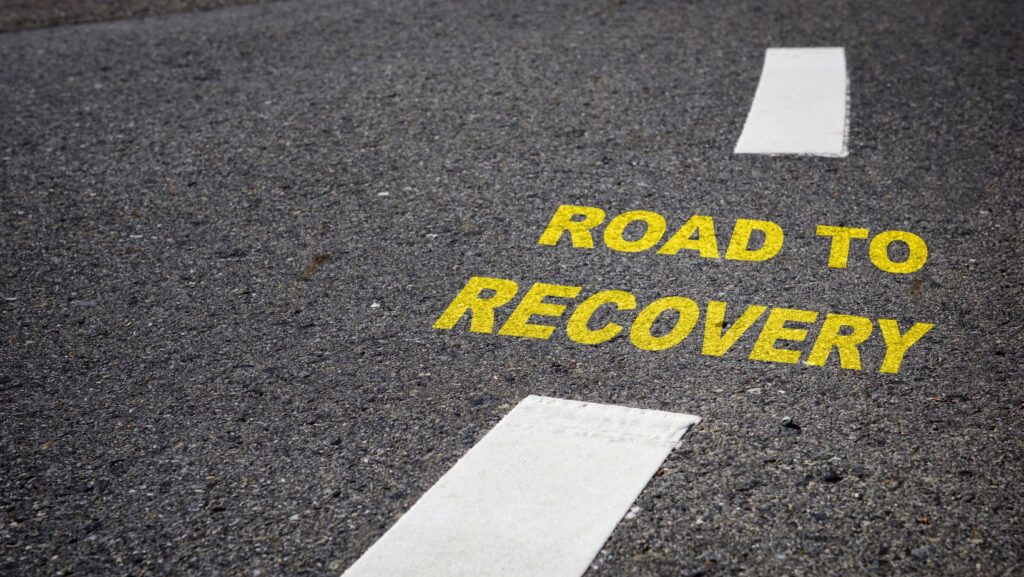
Begin Your Detox Journey at Lilac Recovery Center in San Diego, CA
Taking the first step towards an addiction-free life can be daunting, but you don’t have to embark on this journey alone. At Lilac Recovery Center, we understand the intricacies of the detox process and the challenges that come with it. Our dedicated team of professionals is committed to providing personalized care, ensuring your detox experience is as comfortable and practical as possible.
Beyond detox, we offer comprehensive substance abuse treatments and therapies tailored to your needs. Our holistic approach addresses addiction’s physical and psychological aspects, leading you to lasting recovery.
If you or a loved one is seeking a fresh start, don’t hesitate. Contact Lilac Recovery Center today and take the first step towards a brighter, substance-free future.

CADC II, Certified AOD Counselor
Nora Jenkins has made the quality and committed care we provide at Lilac Recovery Center possible. Nora is experienced in providing care to assist in rebuilding relationships to support healthy, long-term recovery. Her professional background includes clinical management, program administration, and counseling.
